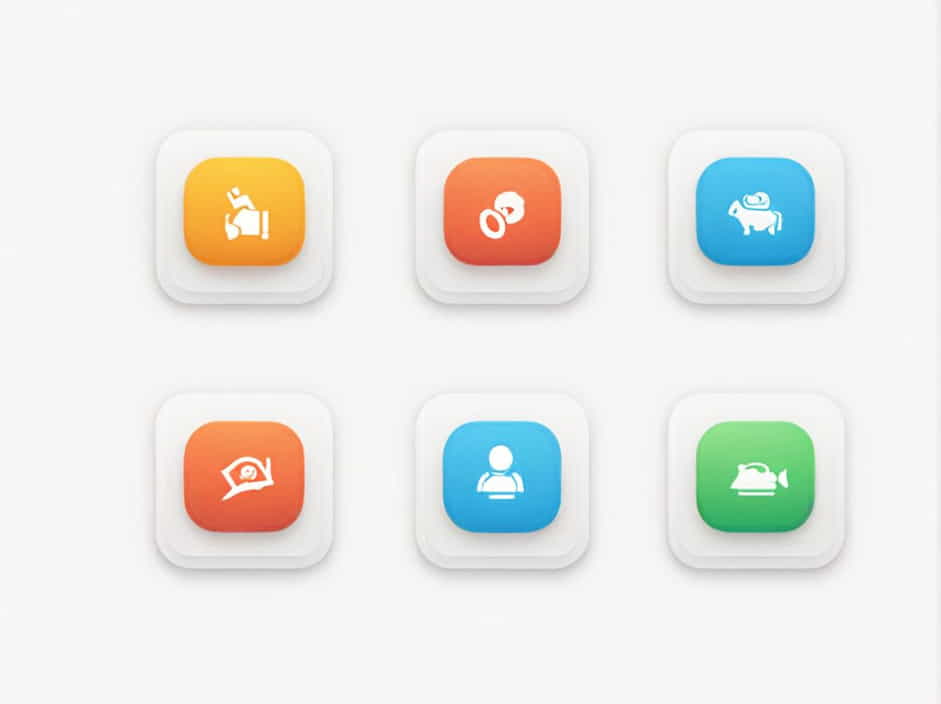Anecdotal records are a valuable tool for teachers to track student progress, behavior, and learning development. These informal observations help educators document specific incidents that provide insight into a student’s strengths, challenges, and overall growth.
In this topic, we will explore examples of anecdotal records, how to write them effectively, and the best practices for using them in the classroom.
1. What Are Anecdotal Records?
Anecdotal records are brief, written notes describing significant student behaviors or learning moments. They are typically:
- Objective: Focused on factual observations rather than opinions.
- Descriptive: Providing a clear account of what happened.
- Time-Sensitive: Recorded as soon as possible after the event.
These records can be used to assess academic performance, social interactions, emotional responses, and behavioral patterns.
A. Importance of Anecdotal Records
- Help identify patterns in student behavior.
- Provide documentation for parent-teacher meetings.
- Support individualized learning plans.
- Track progress over time.
2. Examples of Anecdotal Records
A. Academic Observation Example
Student Name: Emily
Date: March 5, 2025
Observation: During the math lesson, Emily successfully solved a two-digit addition problem without assistance. She demonstrated confidence and used mental math strategies. When asked to explain her method, she clearly described the steps she followed.
Interpretation: Emily is developing strong mental math skills and is comfortable explaining her thought process. Encouraging her to explore more complex problems will help strengthen her abilities.
B. Social Interaction Example
Student Name: Jake
Date: April 12, 2025
Observation: At recess, Jake helped a classmate who had fallen on the playground. He asked if they were okay and called a teacher for assistance.
Interpretation: Jake demonstrates empathy and leadership skills. Encouraging him to take on roles in group activities may further develop his confidence and social skills.
C. Behavioral Concern Example
Student Name: Liam
Date: February 8, 2025
Observation: During reading time, Liam appeared distracted and frequently looked away from his book. When asked about the story, he struggled to recall details. This pattern has been observed multiple times this month.
Interpretation: Liam may need additional support with reading comprehension or attention strategies. A discussion with parents and a reading intervention plan may be beneficial.
D. Emotional Response Example
Student Name: Sophia
Date: January 20, 2025
Observation: When asked to present her project in front of the class, Sophia hesitated and appeared nervous. She needed encouragement from the teacher and peers to proceed.
Interpretation: Sophia may need confidence-building activities and gradual exposure to public speaking tasks to reduce anxiety.
3. How to Write Effective Anecdotal Records
A. Be Objective and Specific
Instead of writing:
“John was very disrespectful today.”
Write:
“During group work, John interrupted his classmates multiple times and raised his voice when they disagreed with him.”
B. Use Clear and Concise Language
Keep records short but detailed. Avoid unnecessary opinions or vague descriptions.
C. Focus on Observable Behaviors
Describe what the student did or said, not what you assume they felt or thought.
D. Include Context and Date
Always note when and where the observation took place.
4. Best Practices for Using Anecdotal Records
A. Record Observations Regularly
- Keep a notebook or digital file to document observations daily or weekly.
- Track patterns over time to identify progress or concerns.
B. Keep Records Confidential
- Store student records securely.
- Share them only with relevant educators or guardians.
C. Use Records for Student Development
- Discuss observations with parents to create support strategies.
- Adapt teaching methods based on behavioral trends.
D. Involve Students When Appropriate
- Provide positive feedback on progress.
- Set goals based on observations to encourage growth.
Anecdotal records are an essential tool for monitoring student behavior, academic progress, and emotional development. By keeping detailed, objective, and structured notes, educators can better support student learning and development.
Regular use of anecdotal records helps create a more personalized and effective learning environment, benefiting both students and teachers.
